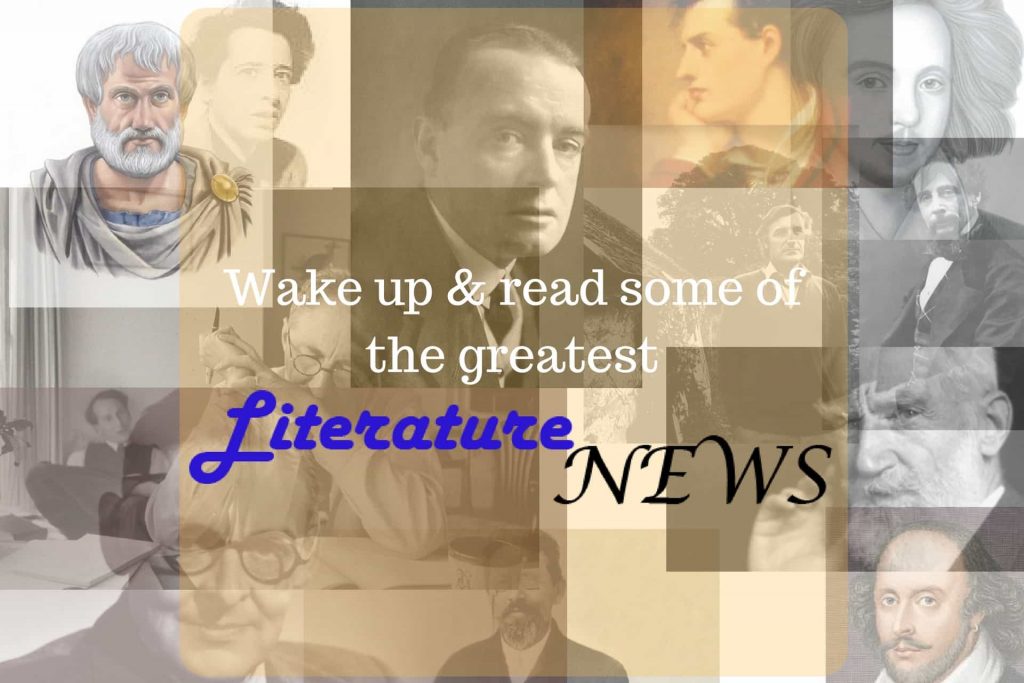Reading habit is something that is always under continuous scrutiny by the researchers. They keep looking into the details about what do the readers generally read and how the reading preferences change over time. Moreover, it must be interesting to know that reading habits can also influence the social behaviour of people. Are you interested in knowing more? Keep reading this article that extrapolates the 6 February 2020 report published by the University of Basel in which research conducted by the team of researchers has explained how reading habits’ research was carried almost in the real-time.
On the contrary to many assumptions and preoccupied notions about the youths and their behaviour with literary texts, it has come forward in the research by a team at the University of Basel that youths do interact with literary texts (irrespective of genre) online. However, there are certain ramifications that must be noted. In general, youths read teen-literature for longer than they read classical literature. It came out in the research that youths often quit reading classics just after first few chapters (exact figures not specified in the research fining) while they read contemporary teen literature for more duration or even completely finish reading that. Does reading habit influence one’s conduct in society – online and offline?
The research also suggests that readers who read classical texts often interact with each other which is limited to understanding the text itself. They often help each other in finding the exact meanings of the text or discussing the possibilities of interpretation with a certain perspective. These bonds, often, lead to short-term, literary-need-based relationships. However, readers who read teen literature often create stronger bonds between them.
The study also noted that the viewers of Netflix, listeners of Spotify and also the readers of Wattpad use these platforms and the content to enrich their cultural understanding. This part of the research, along with others back on the list, maybe debated. The quality of content that we find on Netflix itself is a subject of conjecture.
Nevertheless, the research brings new insights to already expanding literature of reading habits and it is commendable work by the team of researchers at the University of Basel. It is true that reading habits tell many things about our literature’s quality. Adding more to it and expanding the research’s ambit to analyse the social behaviour of the readers was indeed a major breakthrough from the standard outputs.
By a contributor to Literature News
